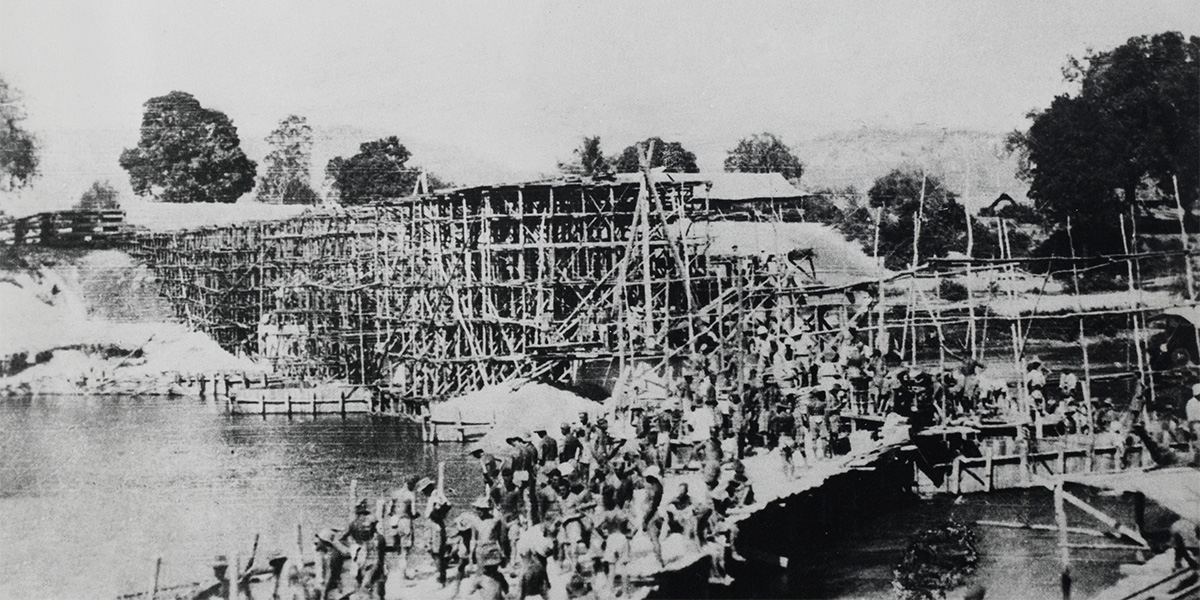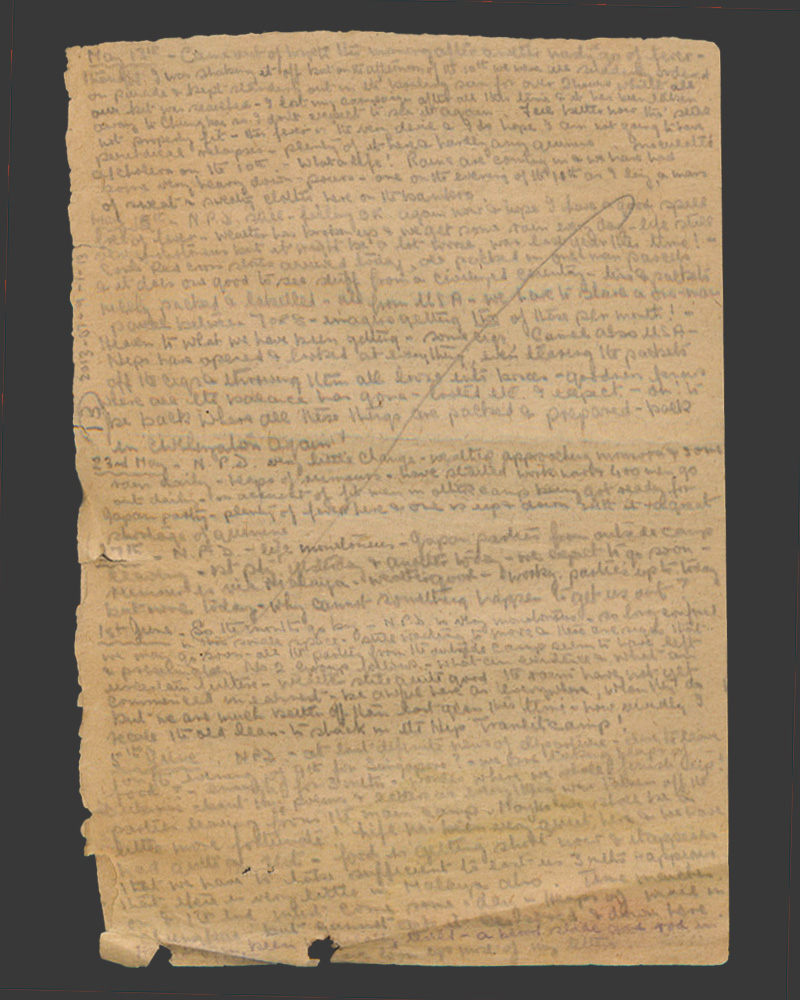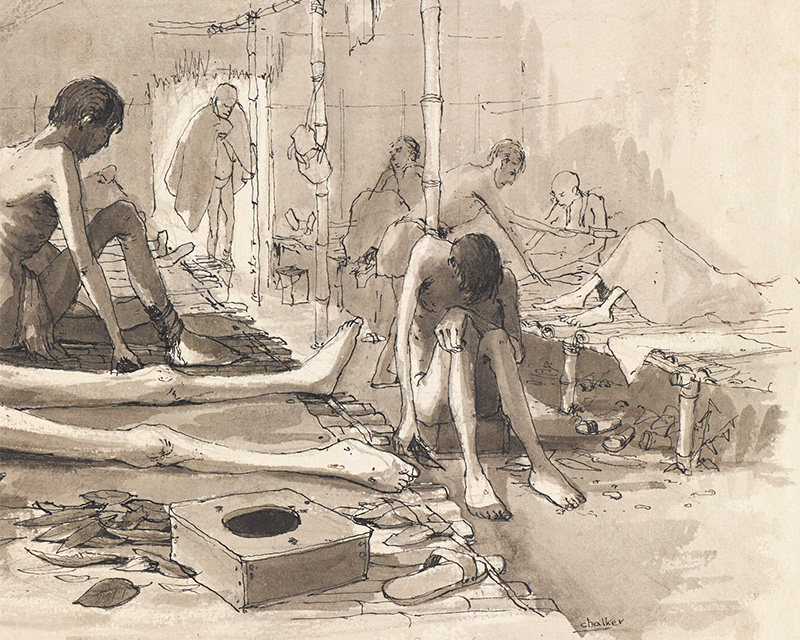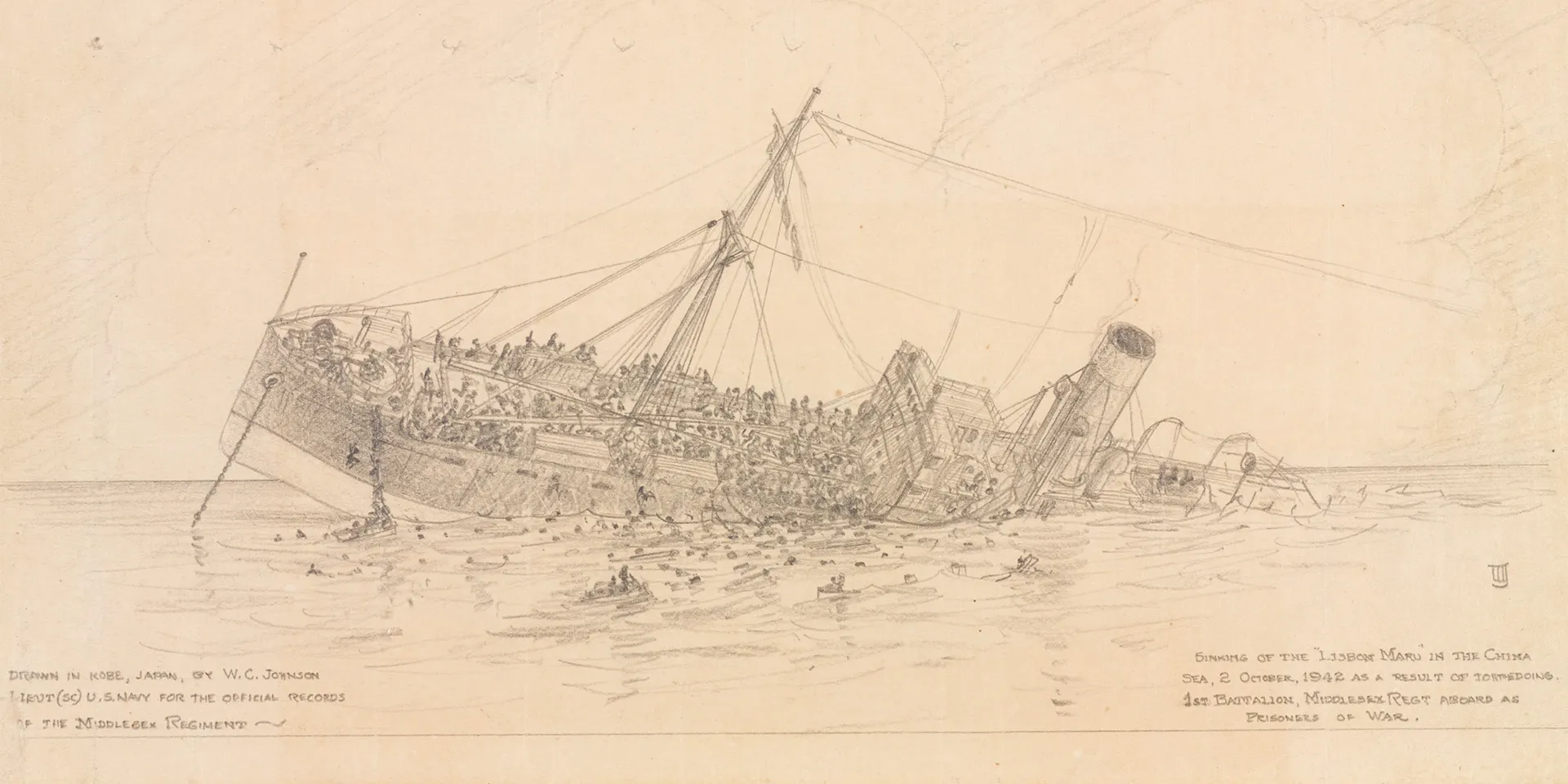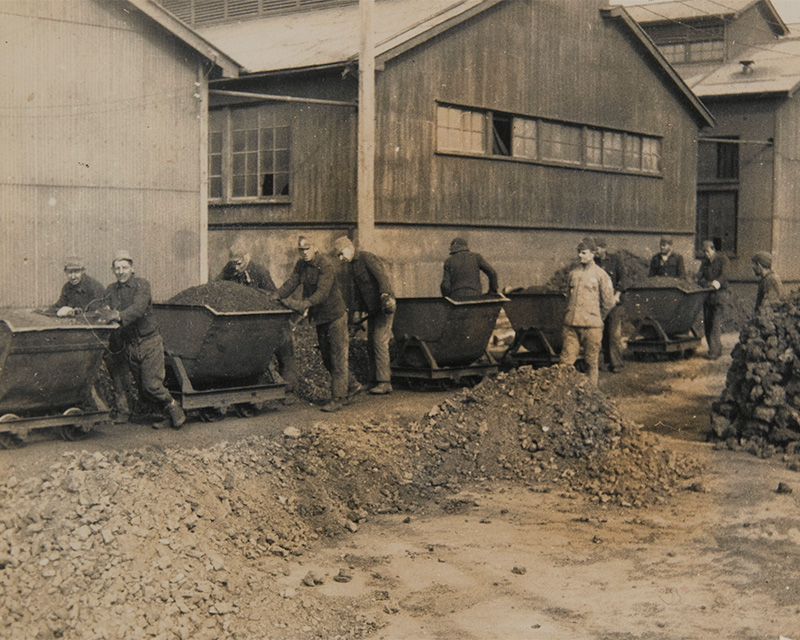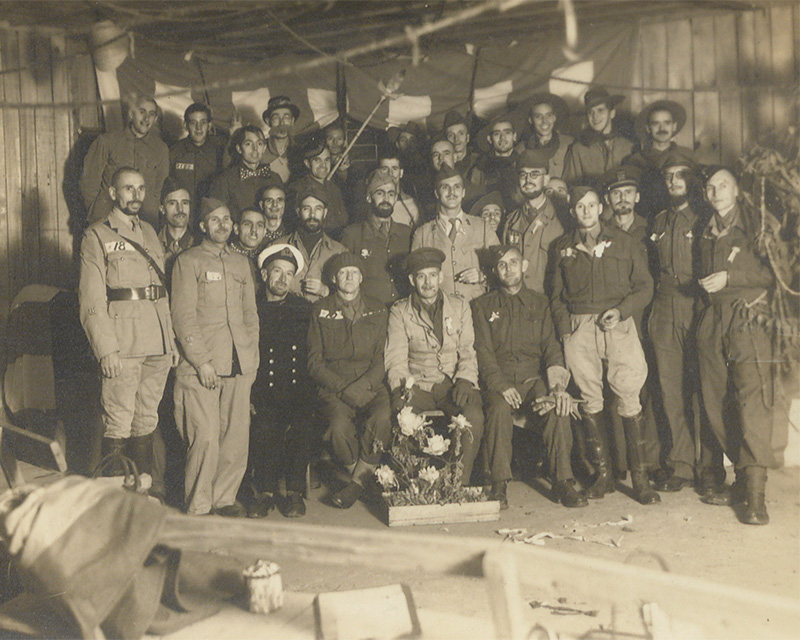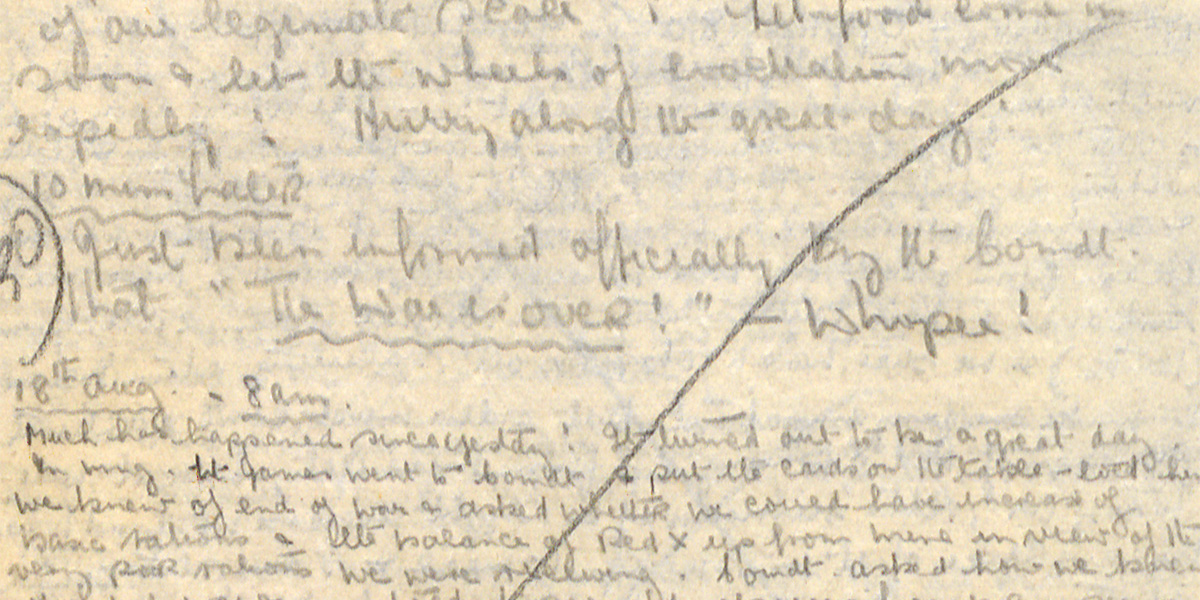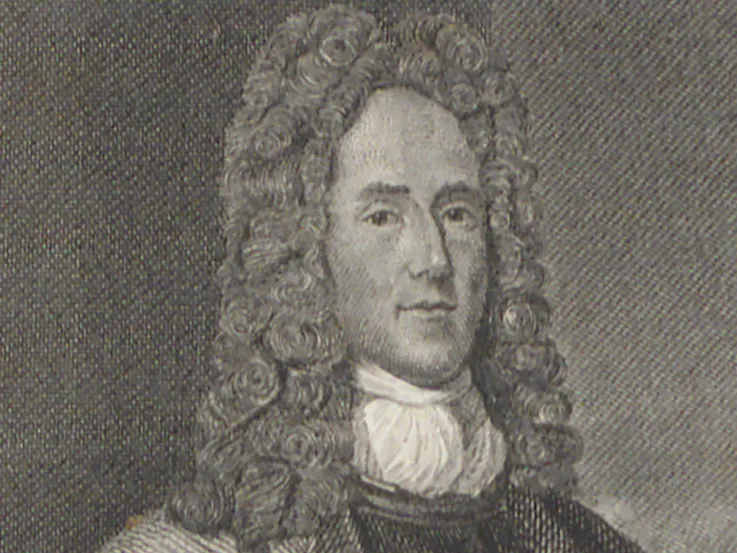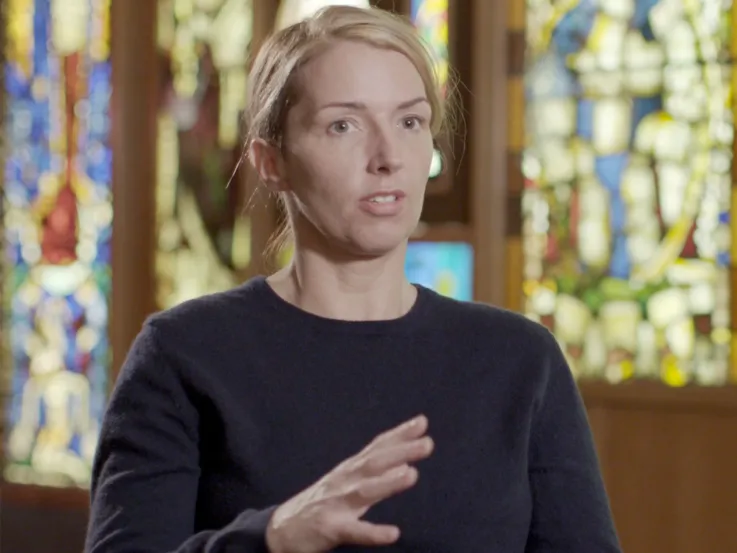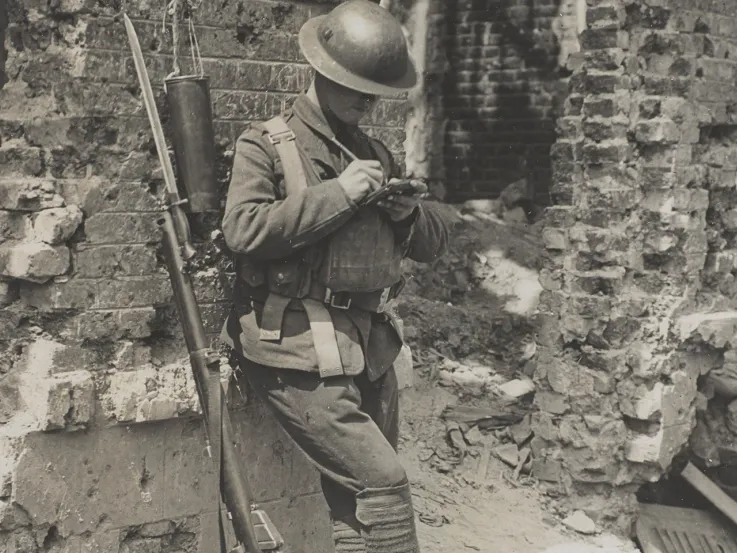Early life
Ernest Edward Senior (known as Ted) was born in Ambala, in northern India, on 6 April 1911. His father, Ernest Wilfred Senior, was a sub-conductor in the British Indian Army. Ted was one of three siblings. Sadly, his elder brother died in India while still a child.
After relocating to England, the Seniors settled in Dorchester, Dorset, where Ted attended The Thomas Hardye School. During his time there, he excelled at athletics and as an army cadet.
Army service
At the age of 18, Ted opted to follow in his father’s military footsteps. Initially, he enlisted with the Dorsetshire Regiment, before transferring to the Indian Army Ordnance Corps, serving in Palestine, Egypt, Afghanistan and India, and eventually becoming a senior warrant officer.
In January 1939, he was joined in India by his fiancée, Helen, also from Dorchester. The couple were married in Bombay (now Mumbai). However, their new life together would be dramatically interrupted by the outbreak of the Second World War later that year.
Surrender at Singapore
In December 1941, the Second World War took on a truly global dimension as fighting erupted across the Pacific and South-east Asia. The Japanese invaded Malaya (now Malaysia), where Senior was now serving as an ordnance officer with the 28th Indian Infantry Brigade. This unit was ordered north to the Thai border as part of the 11th Indian Division. From there, its soldiers fought a desperate rearguard action south to Singapore.
During this retreat, Senior’s brigade suffered severe losses. Of the original force of 2,800, only 400 made it back. In February 1942, the survivors were ordered to surrender as part of the 85,000-strong British force at Singapore. This event gained notoriety as the largest capitulation in British military history.
‘Death Railway’
Senior was interned at Changi Prison in Singapore until November 1942. He was then sent north, along with many other British prisoners of war (POWs) and Asian civilians, to work on a railway being constructed by the Japanese as a supply route for their fighting front in Burma (now Myanmar).
Built between October 1942 and December 1943, this railway cut 260 miles (420km) through the mountainous jungle terrain of Thailand and Burma. The labour force was subjected to the most appalling working conditions, and it's estimated that around 100,000 workers died during the construction.
‘First chance of writing since arrival have gone sick to get a day off. A bad period. Work on quarries across rock face – parade at 7:50 am have a mess of soggy rice in the dark beforehand & return here at 7 pm or later… Deaths are very frequent here, 23 in 14 days mostly British – a lot of sickness too. Food and conditions remain bad... Life is pretty grim & the future so vague & uncertain – one gets very depressed at time – work, work, work, bad food, crowded into tents – dirty & with no decent clothing. I hope God will see us safely out of this before long.’Ted Senior, diary entry — 19 May 1943
Catalogue of horrors
At this time, Senior began writing a secret diary on scraps of paper. In gruesome detail, he recorded the suffering that he and his fellow prisoners endured.
Arriving in monsoon season, the men lived and worked in wet tropical conditions, beset by pests and parasites. They were subjected to harsh discipline and had to survive on starvation rations. Denied access to proper medical care, the men were plagued by boils, ulcers, ringworm and other skin diseases, and fell victim to a host of serious illnesses such as typhoid, dysentery, cholera and malaria.
In his diary, Senior recorded several nasty bouts of illness. These included a particularly dangerous period lasting many weeks between October and December 1943, which was compounded by toothache and painful and debilitating sores on his hands, feet and backside.
‘I am still on the sick list have contracted some form of malaria for the past few days I suffered with an intense headache and although that has gone off I am sweating a great deal at night & feel rather weak… The weather is terrible, raining day and night and the whole area a sea of mud – no chance of drying cloths of bedding (this is rotten for me as most of my bedding is wet with my sweat at night) and one gets wet through every time one ventures out of the hut. The hut itself is awful, lets rain in many places & is infested with fleas, ants, lice, rats etc. What a life!’Ted Senior, diary entry — 17 July 1943
Words of consolation
Senior’s written meditations reveal how his physical suffering was accompanied by mental anguish at his uncertain fate and his prolonged separation from his wife. In one diary entry, he laments: 'I do think of her all the time & wonder if she can know anything of the dreadful time I have been thro [through] & am still getting. I hope not it would worry her to death.'
During these dark days of captivity, Senior found a degree of solace in composing poetry. Writing in snatched moments, when his strength and health allowed, he succeeded in producing a substantial body of work. Many of his poems were inspired by his love for Helen, to whom he later dedicated a printed volume.
‘I know that every waking hour your image I shall see / Every hour of sleeping bring a sweet dream reverie / And out of so much suffering our love-flower sweeter grow / To blossom when we meet again, I know my love, I know.’Verse from ‘I Know’ by Ted Senior, written at Wan Tai Kiang [Wang Takhian] POW Camp, Thailand — 10 March 1943
A journey through Hell
In June 1944, Senior was one of a group of POWs who were returned to Singapore and put on ships bound for Japan. Exposed to the elements on deck or cramped in the hold, conditions on board were horrific. Food and medicine were in short supply and the sanitary conditions were appalling. Disease ran rife.
Worse was to come, when the convoy was attacked by American submarines. Some ships were sunk; others were crippled. Thousands of prisoners lost their lives.
Senior’s ship ran aground and was abandoned by its crew. He and his fellow captives were lucky to be rescued, but were soon placed aboard another ship to continue their nightmarish journey to the Japanese mainland.
‘Sickness & weakness increases daily & we are all in a bad way – some chaps are shocking all gone very thin! Food is terrible, small quantity of rice & fish water or potato-water etc – God knows what we are going to be like if kept on here much longer – 7 weeks since we came aboard – what is happening to hold us up so?...When will it all end?’Ted Senior, diary entry on board a prison ship — 6 August 1944
Japan
On arrival in Japan at the end of August 1944, Senior was sent to the southern coal mining district of Ube. He was first put to work down the pits as a supervisor, and then on the surface undertaking maintenance and carpentry.
Conditions here were less brutal than on the Thai-Burma railway. However, as Japan’s military situation deteriorated, food and other necessities grew increasingly scarce. The distribution of Red Cross parcels at Christmas provided some desperately needed relief.
Towards the end of his captivity, Senior was living on 360g of rice a day. He became a walking skeleton, weighing just 42kg (6st 9lb).
Freedom
In August 1945, the Japanese surrendered, bringing the Second World War to an end. Given his desperate plight, Senior greeted the news with elation and immense relief.
In October, he was repatriated by hospital ship through the Philippines, Hawaii and Canada, before eventually returning to England, where a joyous reunion with his wife awaited.
‘Approx 6 am. I am so full of emotion, pent up feelings, that I hardly know what to do with myself! It is all over at last! Or is it? My mind has been upset, my brain racing around in circles all night & I have slept very little. Such a disturbed state combined with the ever-present bug and flea menace eventually drove me out of bed around 4:30am and I have been up ever since.’Ted Senior, diary entry the day after the Japanese surrender — 16 August 1945
Later life
After India gained its independence in 1947, Senior returned to work for the Indian Army, helping with its transition to self-administration. He became Deputy Director of the Ordnance Service, attaining the rank of major and earning the praise of his commanding officers.
Ted and Helen remained in India until 1951. During this time, their son Richard was born. They then returned to England, where Ted trained as a teacher.
In 1955, he accepted a position in Saskatchewan, Canada. From there, the family moved east to Ontario. Ted eventually became the headmaster of Crescent School in Toronto, where he remained until his death in 1967.
A digitised version of his wartime diary is available to access via our Online Collection.
Access to the Archive
The National Army Museum provides public access to its library and archival collections via the Templer Study Centre. Over the coming weeks and months, we will be sharing more stories across our website and social media channels, highlighting some of the valuable personal insights these collections hold.


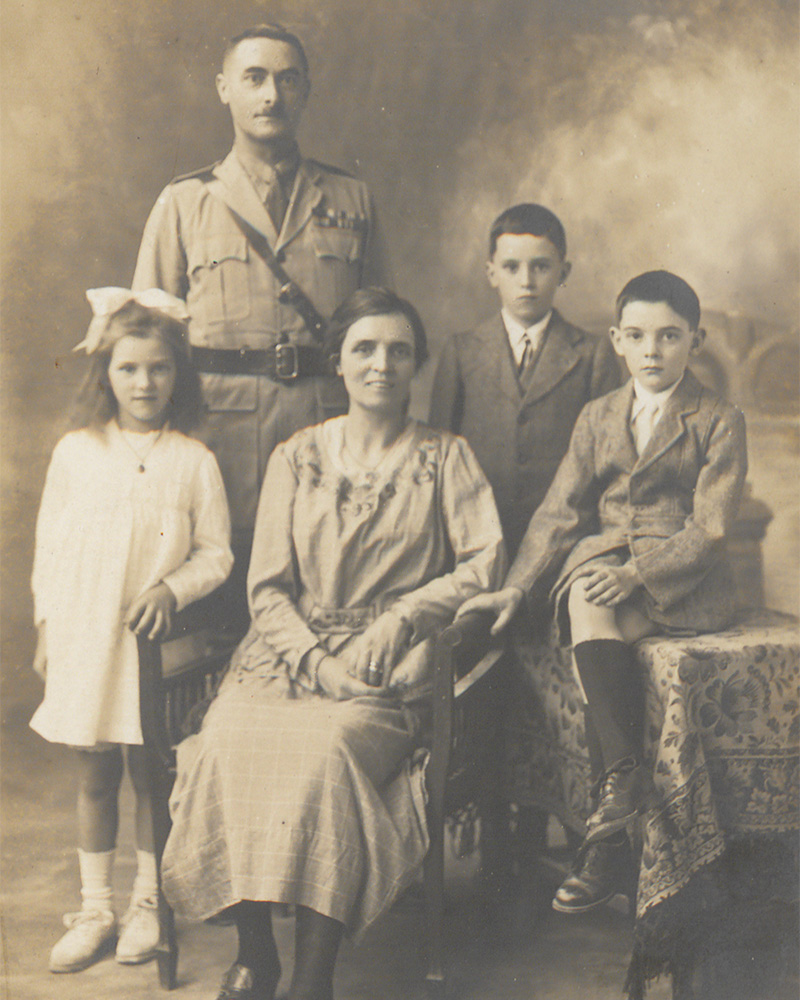
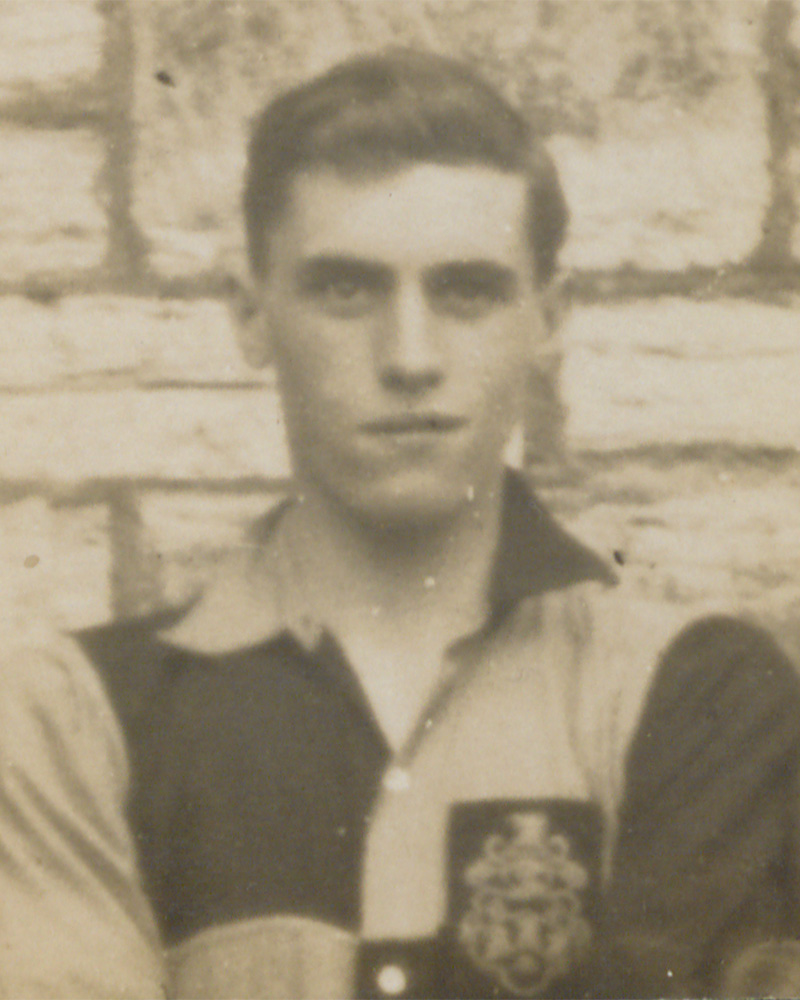
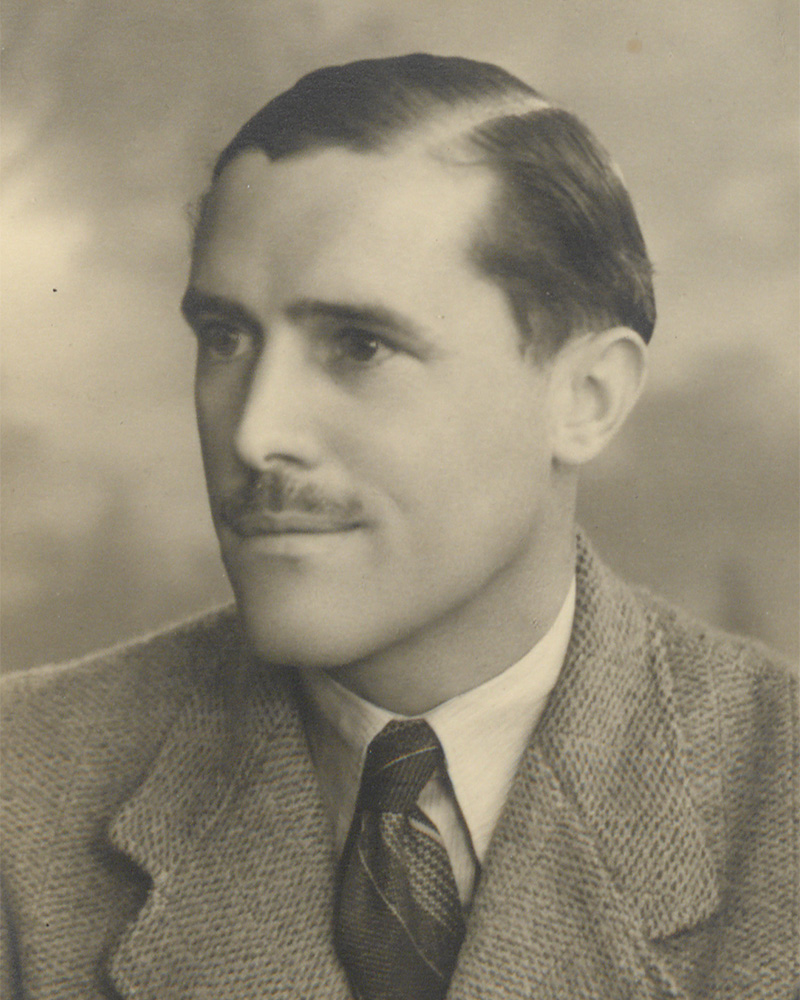
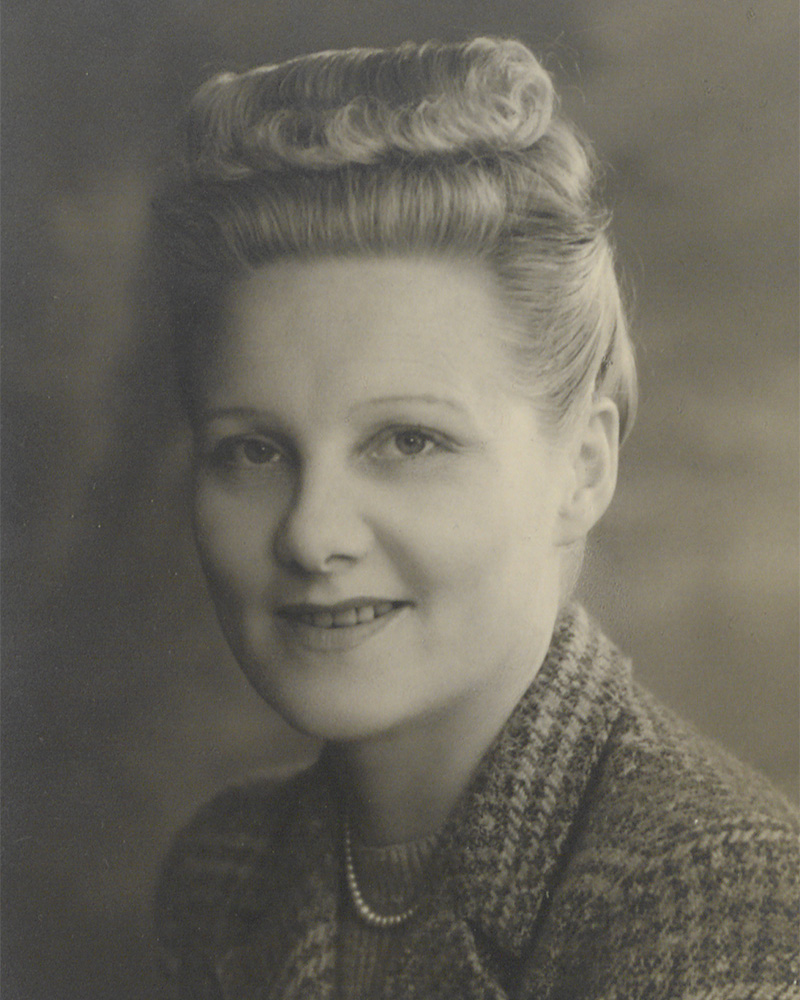
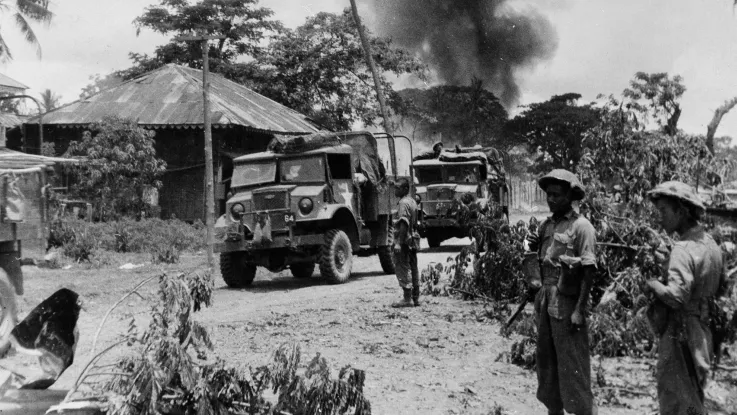
![‘Sikhs and Garwolies [sic] of the 11th Indian Division cutting their way of retreat through the jungle’, c1941](/sites/default/files/2024-04/88932_full.jpg)
